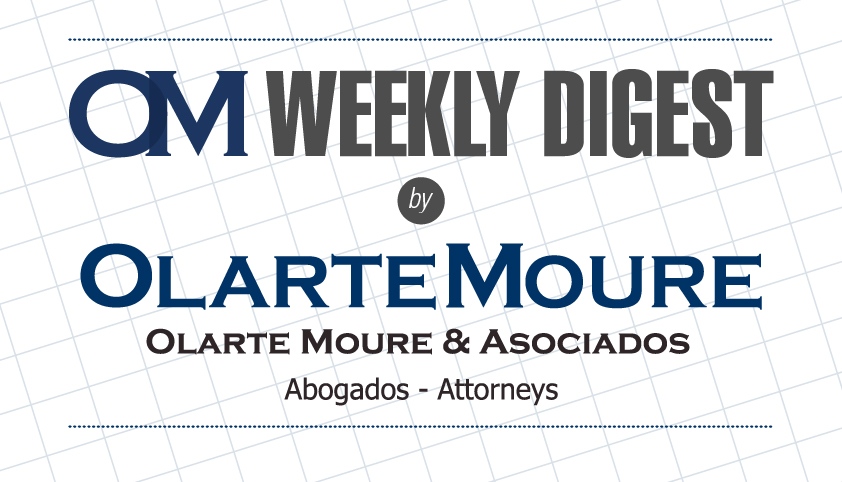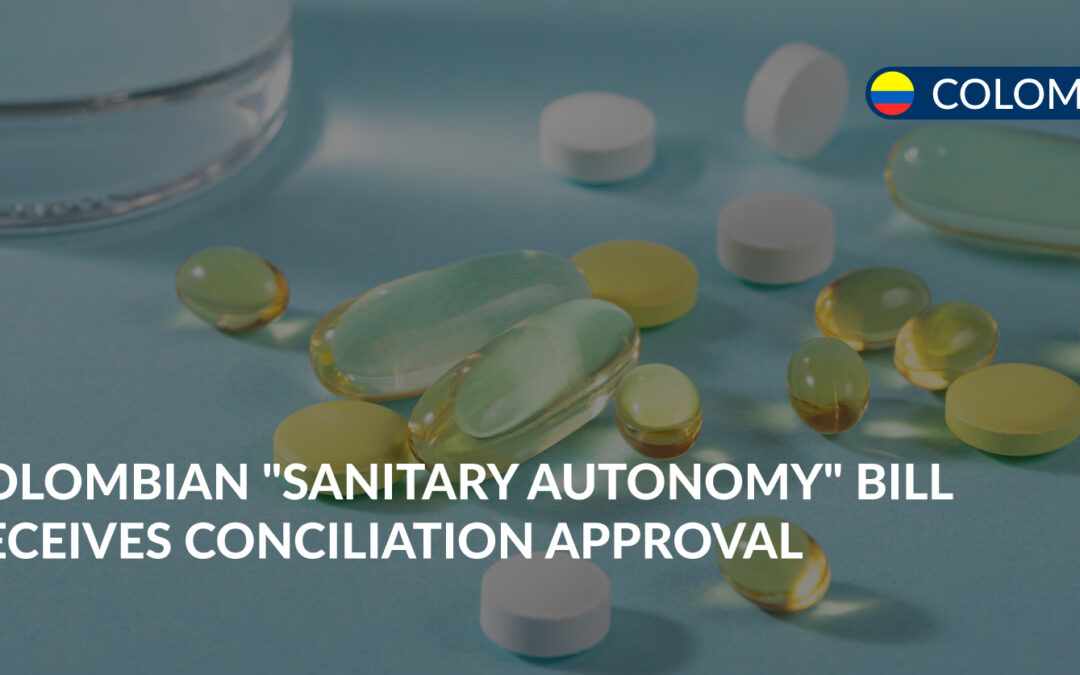.
ANDEAN COMMUNITY (BOLIVIA, COLOMBIA, ECUADOR and PERU) | Trademarks | The Andean Court of Justice clarifies the legal scope of the Andean Patents Manual, reiterates prohibition of hindsight-type inventive step analysis and establishes minimum motivation criteria for decisions deciding patents
.
By means of Prejudicial Interpretation 612-IP-2015, the Andean Court of Justice (ACJ) provided its binding legal opinion in an invalidity action filed by Novartis AG against the Colombian Patent Office (SIC in Spanish) by the denial of a patent of process in organic chemistry due to lack of novelty and inventive step.
On its binding legal opinion, the ACJ established that the Andean Patent Manual is a non-binding source of consultation for examiners, but it has some binding guarantee if it is incorporated by the ACJ within the prejudicial interpretations in particular matters.
Regarding the analysis of inventive step, the prohibition of hindsight-type analysis is reiterated, being mandatory for the examiner to use the figure of the average expert in the field. For the analysis of inventive step, the state of the art must be determined at the date of submission of the application.
Finally, and regarding the motivation of decisions granting or denying a patent, the ACJ advised that at least they must establish the antecedents and reasons that justify the adoption of the decision. Additionally, its motivation must be clear and unequivocal.
s .
COLOMBIA, JAPAN | Patents | Colombian Patent Office grants a patent application through PPH adopting USPTO substantive examination
.
y
COLOMBIA | Regulatory | Colombian Regulatory Authority issues explanatory guide of Marketing Approvals in food
.
The Colombian Regulatory Authority (INVIMA in Spanish) has issued an explanatory guide which summarise in 8 steps the way that the process of Marketing Approvals (MAs) in food must be made.
The 8 steps are summarized in (1) the inscription of the factory of production; (2) the identification of the risk category according to the product, (3) determination of the type of MA according to the risk; (4) analysis of the feasibility of registering various foods under the same MA; (5) review of the requirements for food MA; (6) filling out registration forms; (7) verification of fee to be canceled; and (8) presentation of documentation.
The guide can be consulted in the next link.
edian.
COLOMBIA | Tax Law | Tax Reform in Colombia proposes to extend Value-Added Tax (VAT) on the sale of intangibles and the assignment of rights
On 19 October 2016, the Colombian Government filed before the Congress a tax reform bill. Within the most important changes, in the draft of the bill was included the modification of the production stages susceptible of Value Added Tax -VAT-, which is now extended to the sale of intangibles and the provision of services from abroad, including assignments of rights (except those that are expressly excepted).
If the bill is approved without modifications in that aspect, the services provided and the intangibles acquired or licensed from abroad would be understood as subject to VAT if the user or addressee of them owns their domicile or economic activity in Colombia.
The bill also proposes an increase in the general rate of VAT from 16 to 19%.








